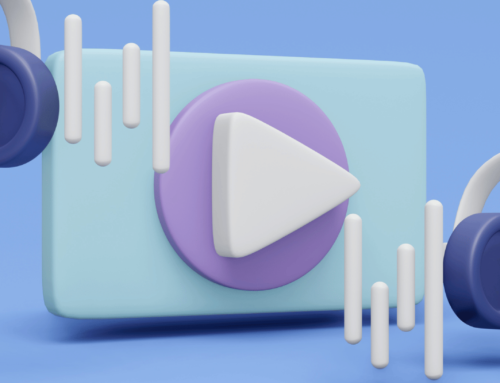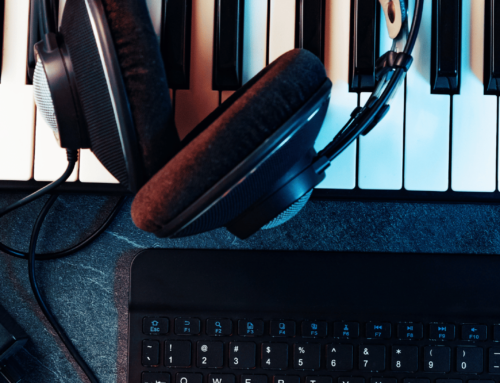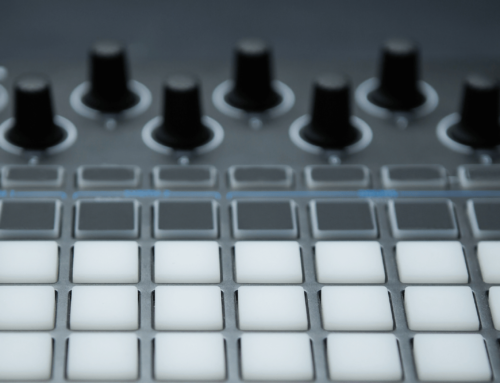Innovation has always been at the heart of the music industry, driving artists and creators to explore new frontiers of sound and expression. In recent years, one of the most groundbreaking innovations to revolutionize music production is Artificial Intelligence (AI). From composition and arrangement to performance and mastering, AI has emerged as a powerful tool, reshaping the creative process and pushing the boundaries of what’s possible in music creation.
At the forefront of AI’s impact on music production is its ability to compose music autonomously. Through advanced algorithms and machine learning techniques, AI systems can analyze vast datasets of musical compositions and generate original pieces in various genres and styles. Whether it’s creating intricate melodies, harmonies, or rhythms, AI serves as the composer’s muse, inspiring new ideas and pushing the creative envelope.
Beyond solo composition, AI has also transformed the collaborative aspects of music production. By analyzing input from multiple sources, including artists, producers, and listeners, AI systems can generate personalized music tailored to specific preferences and tastes. This collaborative approach fosters a dynamic exchange of ideas and allows artists to explore new sonic territories, blurring the lines between man and machine in the creative process.
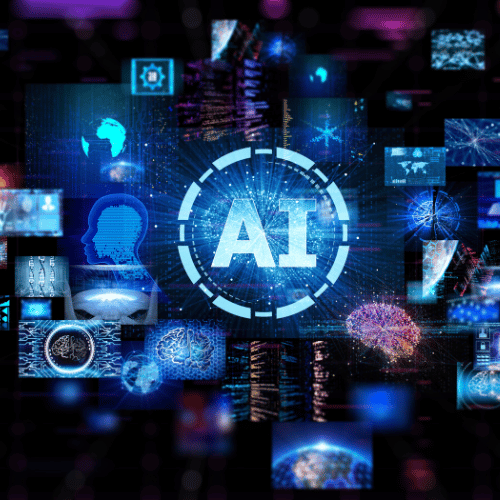
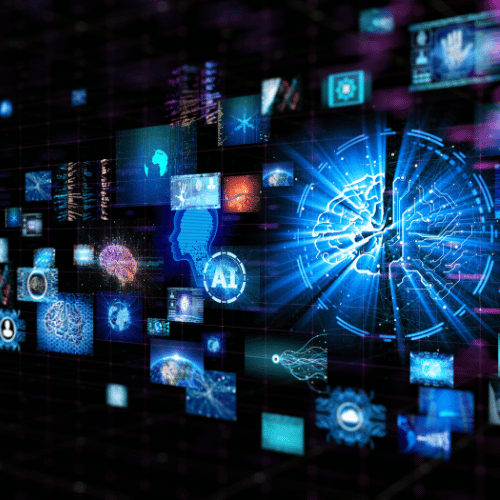
In addition to its creative capabilities, AI plays a crucial role in enhancing the quality of music production. Through techniques such as machine learning and neural networks, AI systems can analyze audio recordings and automatically clean up imperfections, adjust levels, and apply effects to achieve professional-grade sound. This automation streamlines the production process, allowing artists to focus more on the creative aspects of music-making while AI handles the technicalities.
Perhaps one of the most significant impacts of AI in music production is its ability to democratize access to the tools and resources needed to create music. With AI-powered software and platforms becoming increasingly accessible and affordable, aspiring artists and producers no longer need access to expensive studios or years of training to produce high-quality music. This leveling of the playing field empowers individuals from diverse backgrounds to share their unique voices and stories through music.
As AI continues to evolve, its role in music production is poised to expand even further. From real-time collaboration and improvisation to interactive performance and immersive experiences, the possibilities are limitless. However, as we embrace the transformative potential of AI, it’s essential to recognize the importance of preserving human creativity and expression at the core of the music-making process. By embracing AI as a tool to augment our creative abilities, we can unlock new realms of artistic innovation and redefine the future of music production.


